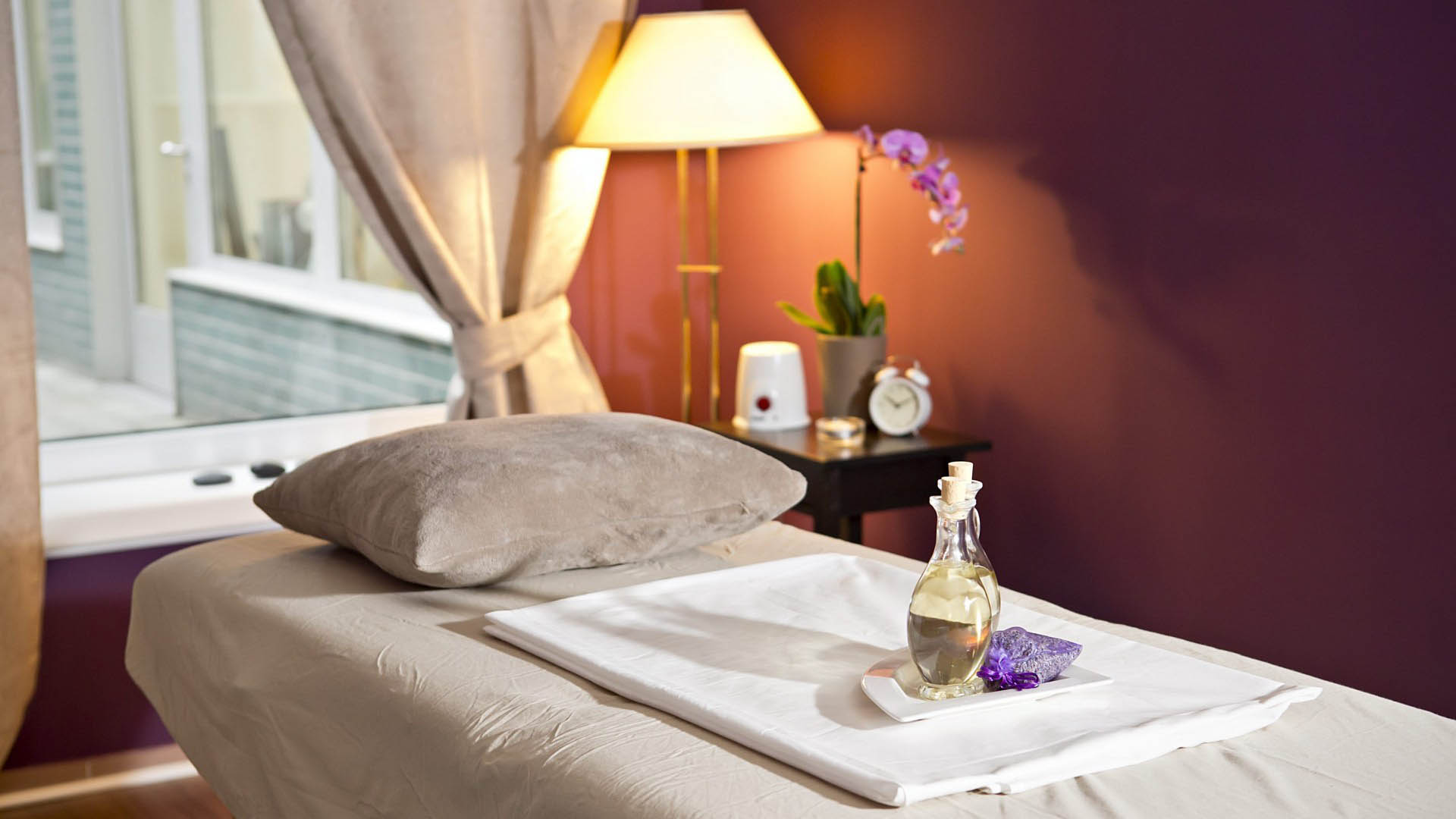Considering how busy is modern life, sleep seems as irretrievably lost and unproductive time.
When we sleep, however, does not mean that nothing happens in your body. To help us better understand what happens to our bodies when we sleep, the artist Ian Diem wrote this interesting infographics explaining activity in the body in different stages.
The first stage is the time between waking and doze off. Then it is still very easy for someone or something to wake you up. If this happens you won’t feel any positive effects of sleep deprivation you received.
The second stage is what scientists call “average sleep” – it spends most of the night. Then the brain waves are slow, blood pressure drops and heart rate calms. It is then that we get adequate rest.
During the third step we are in the deepest stage of sleep. Almost all bodily functions slow down significantly and our body soil to recover slowly. This is the phase in which sleepwalker walk, talk or eat in their sleep.
REM stage is a time when we experience the most realistic dreams. Scientists call this a dream “paradoxical” because the body is relaxed, but the brain works like you’re awake. Your muscles are paralyzed, and heart rate and respiration are very calm.
So even if you are conferring your body those needed eight hours of sleep per night, you know what happens to it once you lay your head on the pillow.
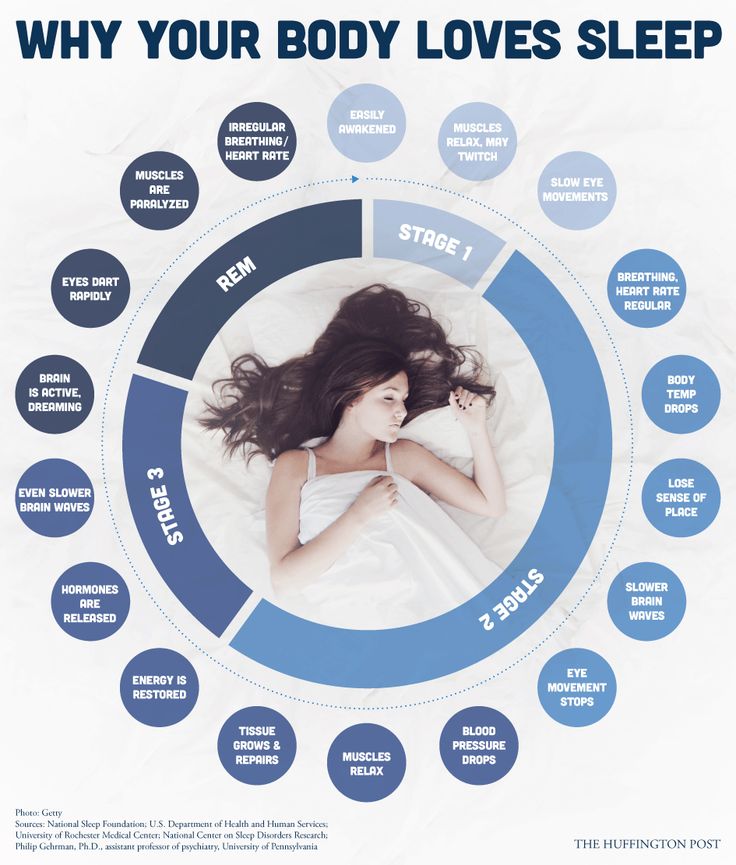
Another way to let our body and brain relax is taking a nap. American psychologist scientifically proven benefits of midday nap, which improves memory and cognitive abilities of the individual.
Of most benefit are naps from 10 to 20 minutes, says specialist Michael Bruce, called the US “Dream Doctor”. Then we wake up most fresh and rested. Followed by a daily nap of 90 minutes – this period provides a complete sleep cycle that has no dizziness and tiredness upon waking. But if you give a 30-minute siesta, most likely it is to bring us headaches, as we wake up in the phase of deep sleep, which is not at all recommended.
During the 10 to 20-minute lunch nap going into the mildest form of sleep in which are observed eye movements. It ensures a sense of immediate rested and impulse of energy. One easy wakes from this nap, but we are still sleepy.
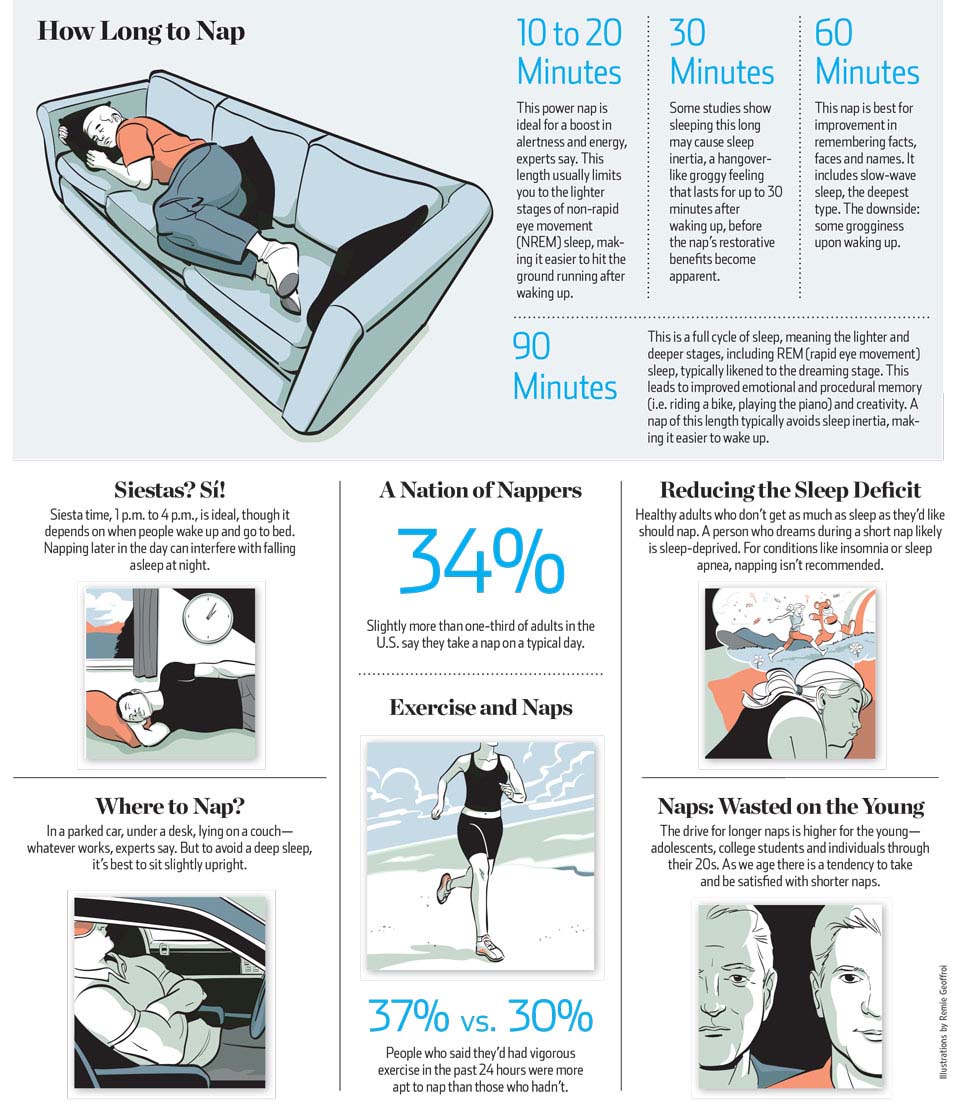
During the 90-minute nap time we enter into deep phases and this time provides full cycle. This means that we will not wake up sleepy and this daily rest is proven to stimulate creativity and our procedural memory – one that involves the use of objects.
The 60-minute sleep during the day is recommended for cognitive function, which reflects very well. Improves memory for faces and facts. Such siesta allows sleeping in the deepest stage of sleep characterized by slow delta waves of brain function. Waking up in a similar phase will make us a little dazed. From such a siesta we will not feel the impulse of energy – rather, a certain fatigue.
Here are some other interesting facts about naps presented in the below graphics.
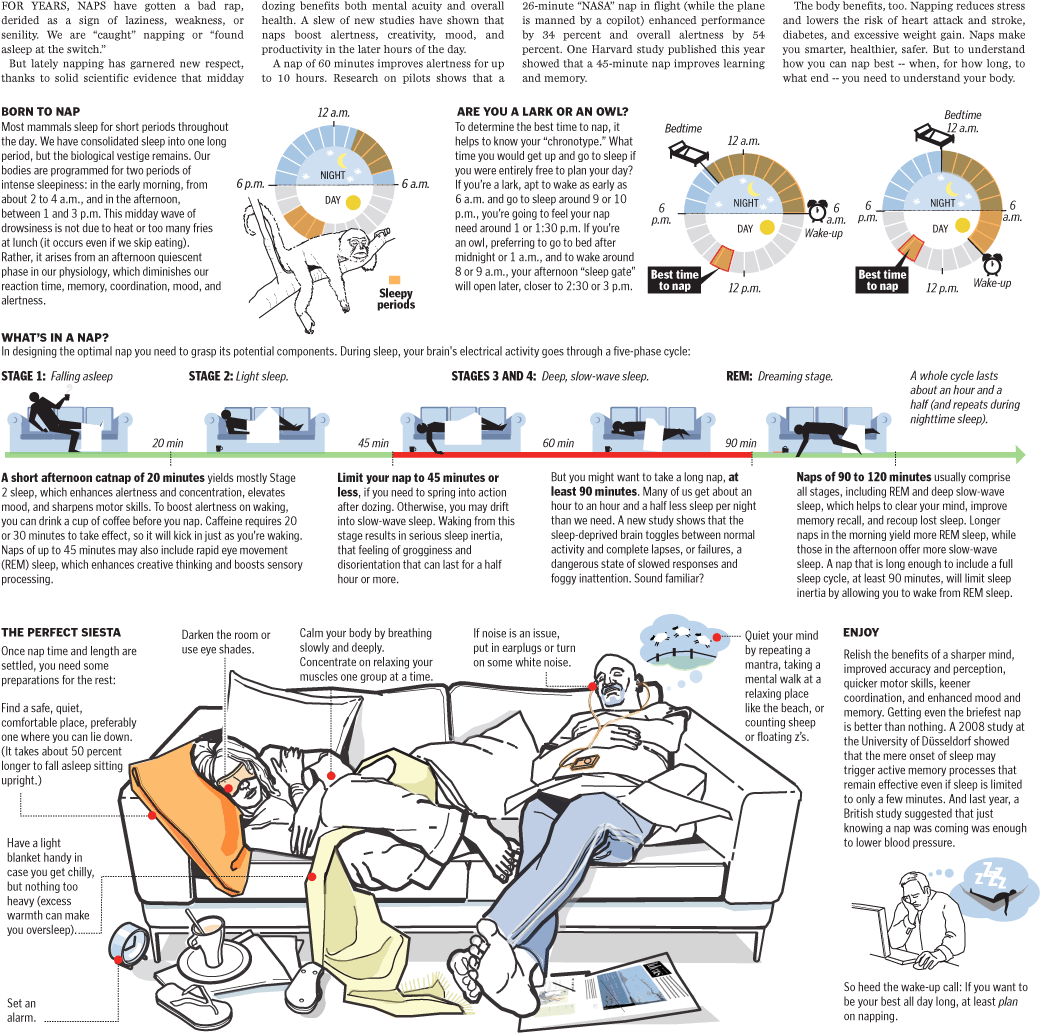

Napping types
How about having a nap at work? Perfect for a little break: Irina Ivachkovets has opened the first power-napping-studio “nap” in Germany. There you can go during your work lunch break or other time during the day and take a nap in a fully equipped restroom. Of course it is not for free but if you are in a need for sleep during work process – that is your place!
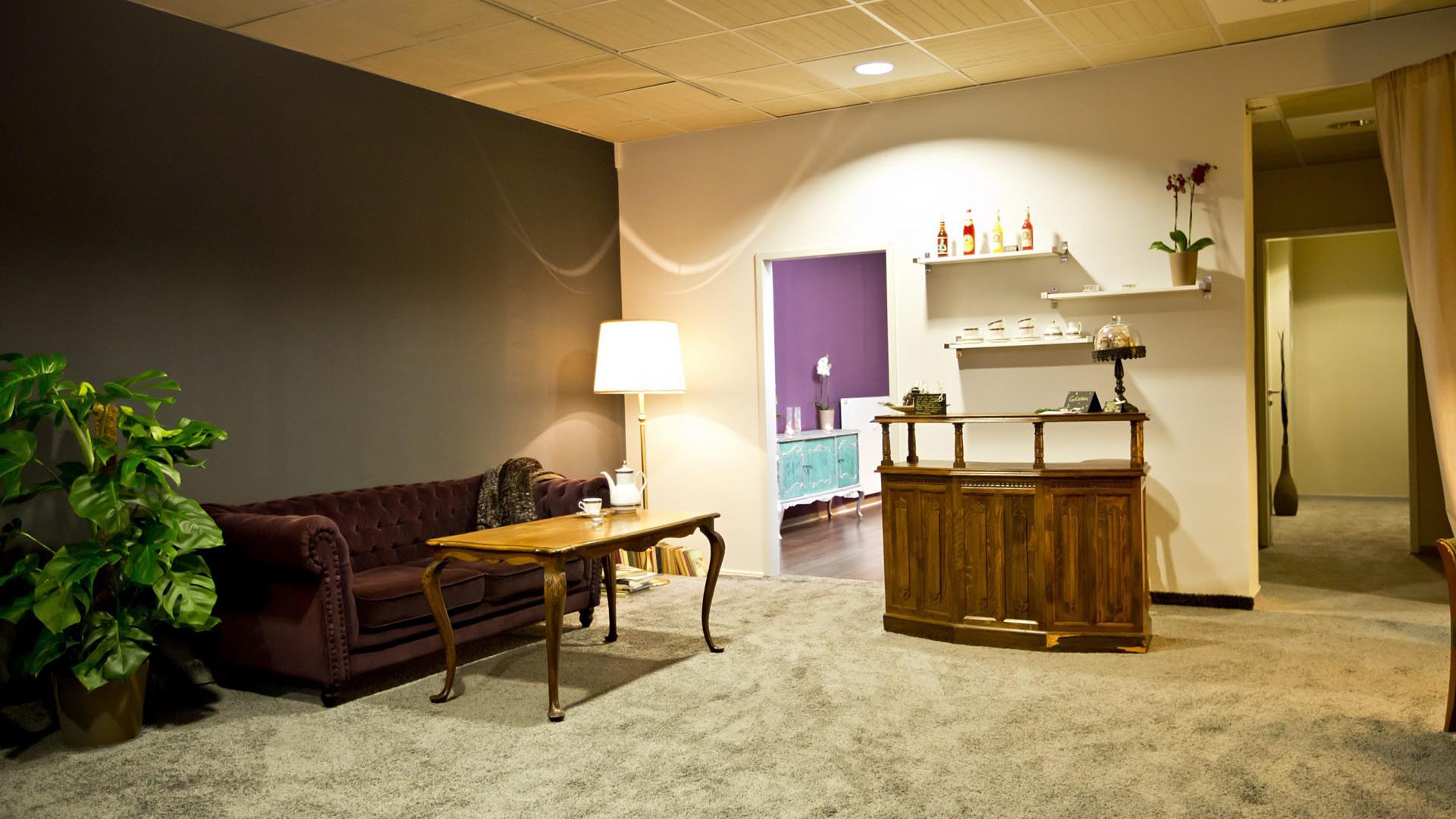
And here is another way – much cheaper, how to nap during the day at any place…well as long as you don’t mind sleeping in public 😀
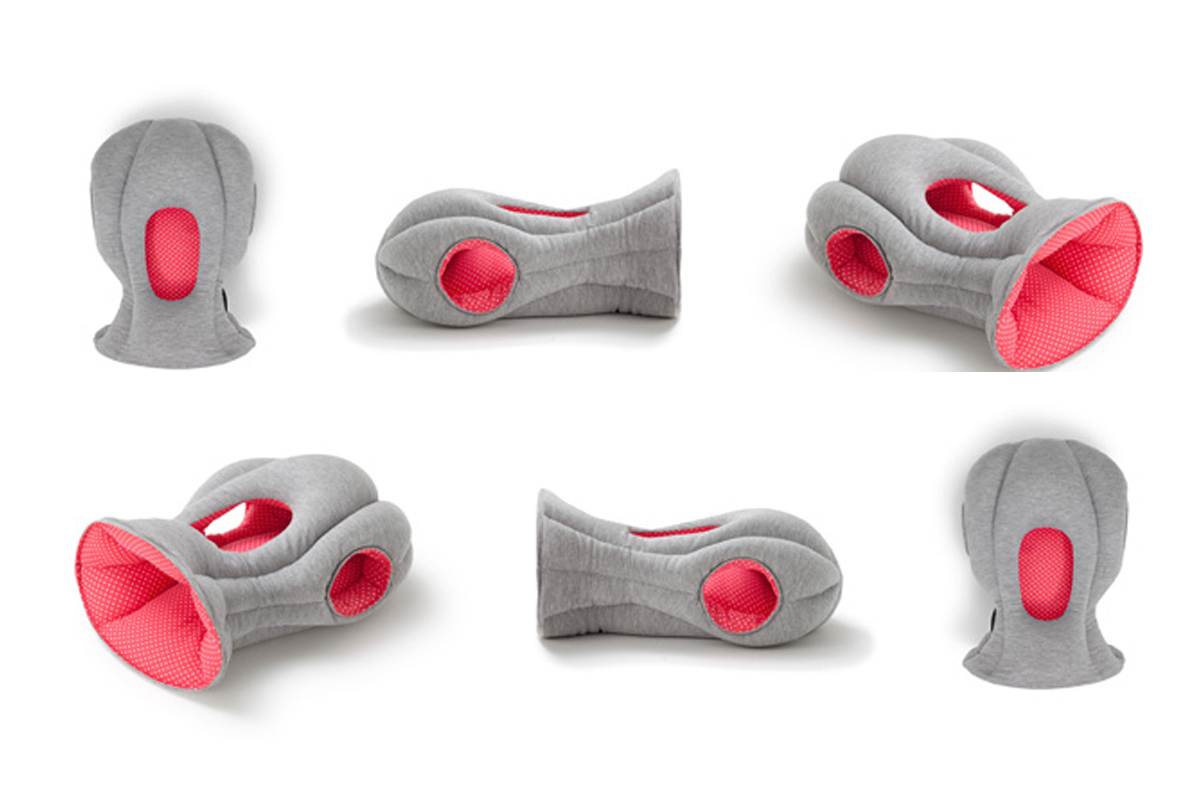

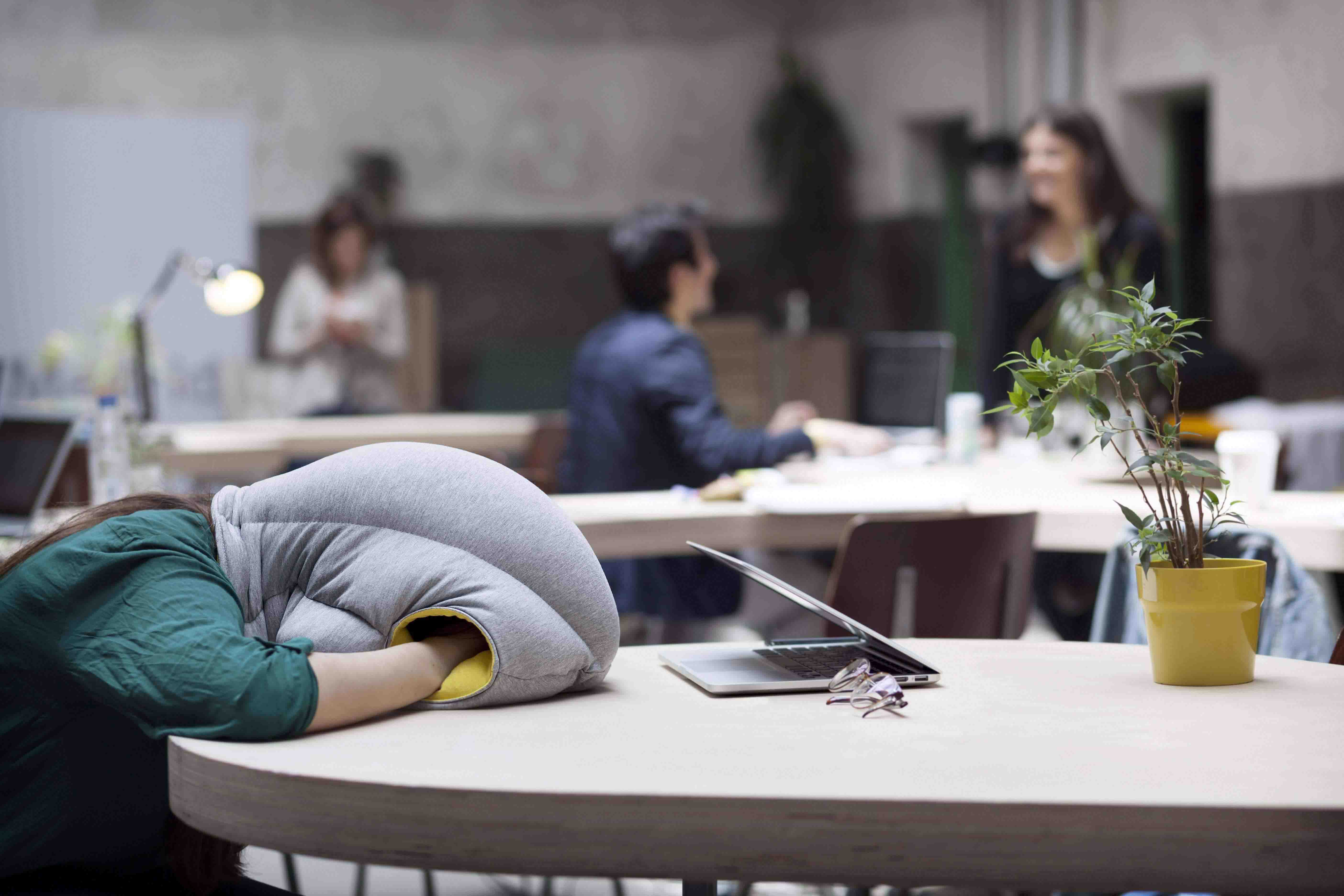
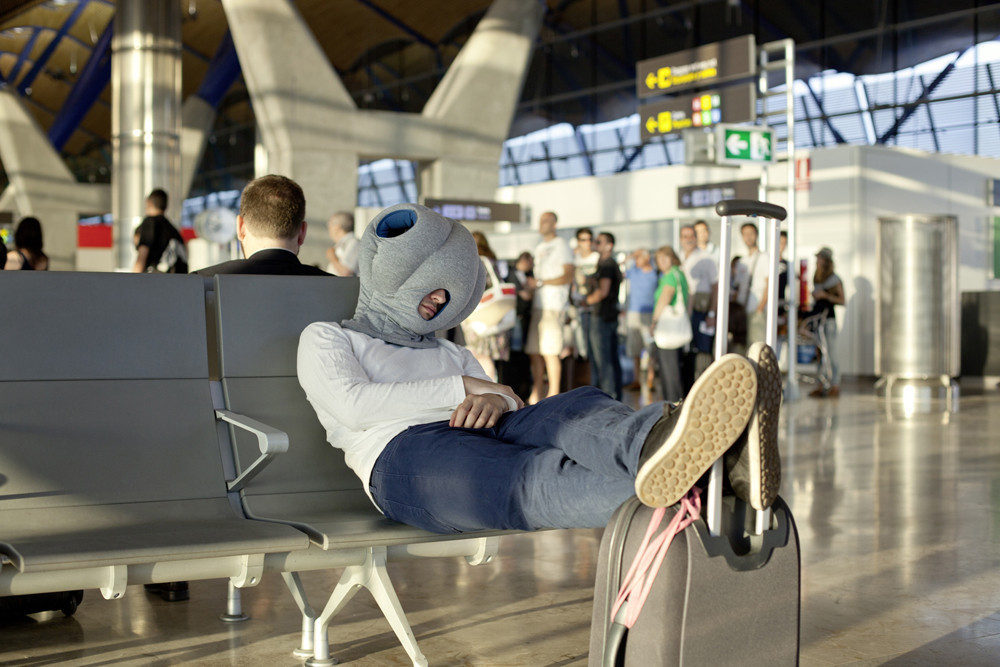

Happy napping!


